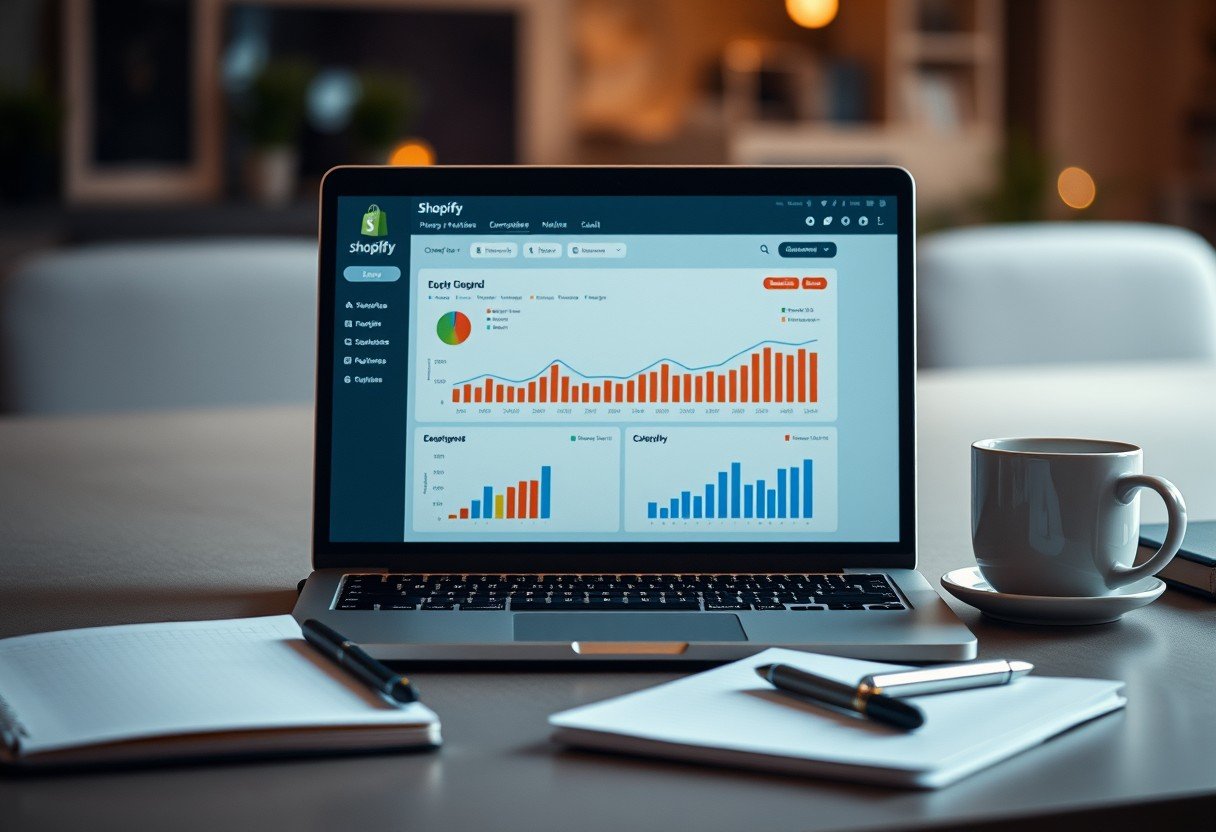For many entrepreneurs, taking on every business task feels necessary, especially at the beginning. While this hands-on approach is admirable, handling complex areas like accounting without expertise can cost you more than just money. Deciding to hire a professional accountant is a crucial step that can save you time, reduce stress, and provide the financial clarity needed to grow your company effectively. It shifts accounting from a chore to a strategic asset for your business.
Free up Your Valuable Time
As a business owner, your most valuable resource is time. Juggling daily operations, marketing, and customer service leaves little room for other tasks. Trying to manage your own bookkeeping and accounting can easily consume 10 to 15 hours every week.
This is time that could be spent on revenue-generating activities. Imagine focusing those hours on developing a new product, refining your marketing strategy, or improving your team’s organizational structure. Outsourcing accounting allows you to concentrate on your core strengths and the parts of the business you are passionate about.
Delegating financial tasks to an expert is an investment in efficiency. It not only frees up your schedule but also ensures that the work is done correctly and more quickly than you could do it yourself.
| Task | DIY Approach (Estimated Weekly Time) | Hiring an Accountant |
|---|---|---|
| Bookkeeping & Data Entry | 5-7 hours | Handled by Professional |
| Financial Reporting | 2-3 hours | Delivered Monthly |
| Tax Preparation & Compliance | 3-5 hours (more during tax season) | Managed & Optimized |
| Total Time Saved | 10-15 hours | Focus on Core Business |
Gain Peace of Mind with Tax Compliance
Tax law is incredibly complex and constantly changing. For a business owner, staying on top of new regulations, deadlines, and filing requirements is a monumental challenge. A single mistake, even an unintentional one, can lead to costly audits, fines, and penalties from tax authorities.
An accountant is an expert in tax law. Their job is to ensure your business remains compliant with all local, state, and federal regulations. They understand the nuances of deductions, credits, and tax planning strategies that can legally reduce your tax burden.
This expertise provides immense tranquility and security. Knowing that a professional is managing your tax obligations allows you to run your business without the constant worry of a potential tax issue looming over your head. It’s a proactive way to protect your company’s financial health.
Make Smarter Decisions with Financial Clarity
Running a business without clear financial data is like sailing a ship without a compass. You might be moving, but you don’t know if you’re heading in the right direction. Accounting provides the data you need to make informed, strategic decisions.
An experienced accountant delivers timely and reliable financial information. They don’t just crunch numbers; they interpret them for you, providing insights into your company’s performance. Each month, you should receive key financial statements that paint a clear picture of your business.
These reports are essential for understanding your financial position and controlling results. With this information, you can answer critical questions about your business, such as:
- Which products or services are the most profitable?
- Is our cash flow healthy enough to support expansion?
- Where can we cut costs without impacting quality?
Accurate financial statements are the foundation of sound business planning. They help you identify trends, manage cash flow, and set realistic goals for the future.
Leverage Specialized Knowledge and Expertise
The field of accounting and finance is broad and requires continuous learning. A professional accountant is obligated to stay up-to-date with the latest tax laws, accounting standards, and financial technologies. This commitment to ongoing education is a direct benefit to your business.
When you hire an accountant, you gain access to a wealth of knowledge and experience. They can offer advice on everything from business structuring and payroll to inventory management and pricing strategies. This specialized guidance helps you avoid common financial pitfalls and operate more efficiently.
This ensures that the person handling your finances has the skills and abilities required to do the job right, giving you confidence in your financial operations.
Improve Your Access to Business Financing
Whether you’re seeking a bank loan, a line of credit, or investment from venture capitalists, you will be asked to provide detailed financial statements. Lenders and investors need to see a clear and accurate record of your company’s financial health to assess risk and make a decision.
Having an accountant ensures your financial records are always accurate, professional, and ready for review. Financial statements prepared by a qualified professional carry more weight and credibility than those you prepare yourself. This can significantly speed up the approval process and improve your chances of securing the capital you need to grow.
An accountant can also help you prepare financial projections and business plans that present your company in the best possible light to potential financiers.
Master Your Business Budgeting and Control
A budget is a roadmap for your business’s financial future. It helps you plan your spending, track your progress, and ensure you have enough money to meet your obligations. Without a budget, a company is vulnerable to cash flow crises and uncontrolled spending.
Accounting is the engine that powers effective budgeting. By tracking income and expenses, an accountant provides the historical data needed to create a realistic and achievable budget. They help you understand exactly where your money is going.
Once a budget is in place, an accountant helps you monitor it by providing regular variance reports that compare your actual spending to your budgeted amounts. This control mechanism allows you to make adjustments quickly, ensuring your business stays on a stable financial course and avoids hitting a “Titanic-style iceberg.”
Frequently Asked Questions about Hiring an Accountant
When is the right time to hire an accountant for a small business?
You should consider hiring an accountant as soon as your financial transactions become too complex or time-consuming to manage on your own. Key triggers include hiring your first employee, needing a business loan, or simply feeling overwhelmed by bookkeeping and tax filings.
What’s the difference between an accountant and a bookkeeper?
A bookkeeper primarily handles the recording of daily financial transactions, such as sales, purchases, and payments. An accountant analyzes and interprets this financial data, prepares financial statements, handles tax planning, and offers strategic financial advice to help you make business decisions.
Can’t accounting software replace an accountant?
Accounting software is a powerful tool for organizing financial data, but it cannot replace the strategic insight and expertise of a human accountant. The software can tell you what happened, but an accountant can tell you why it happened and what you should do next to improve your financial health.
How much does it cost to hire an accountant?
The cost varies widely based on your location, the complexity of your business, and the services you need. Many accountants offer flexible options, from hourly rates for specific projects to monthly retainers for ongoing services, making it affordable for businesses of all sizes.
What should I look for when hiring an accountant?
Look for a certified professional (like a CPA) with experience in your specific industry. It’s also important to find someone you can communicate with easily and who shows a genuine interest in helping your business succeed. Always check references before making a final decision.









Leave a Comment